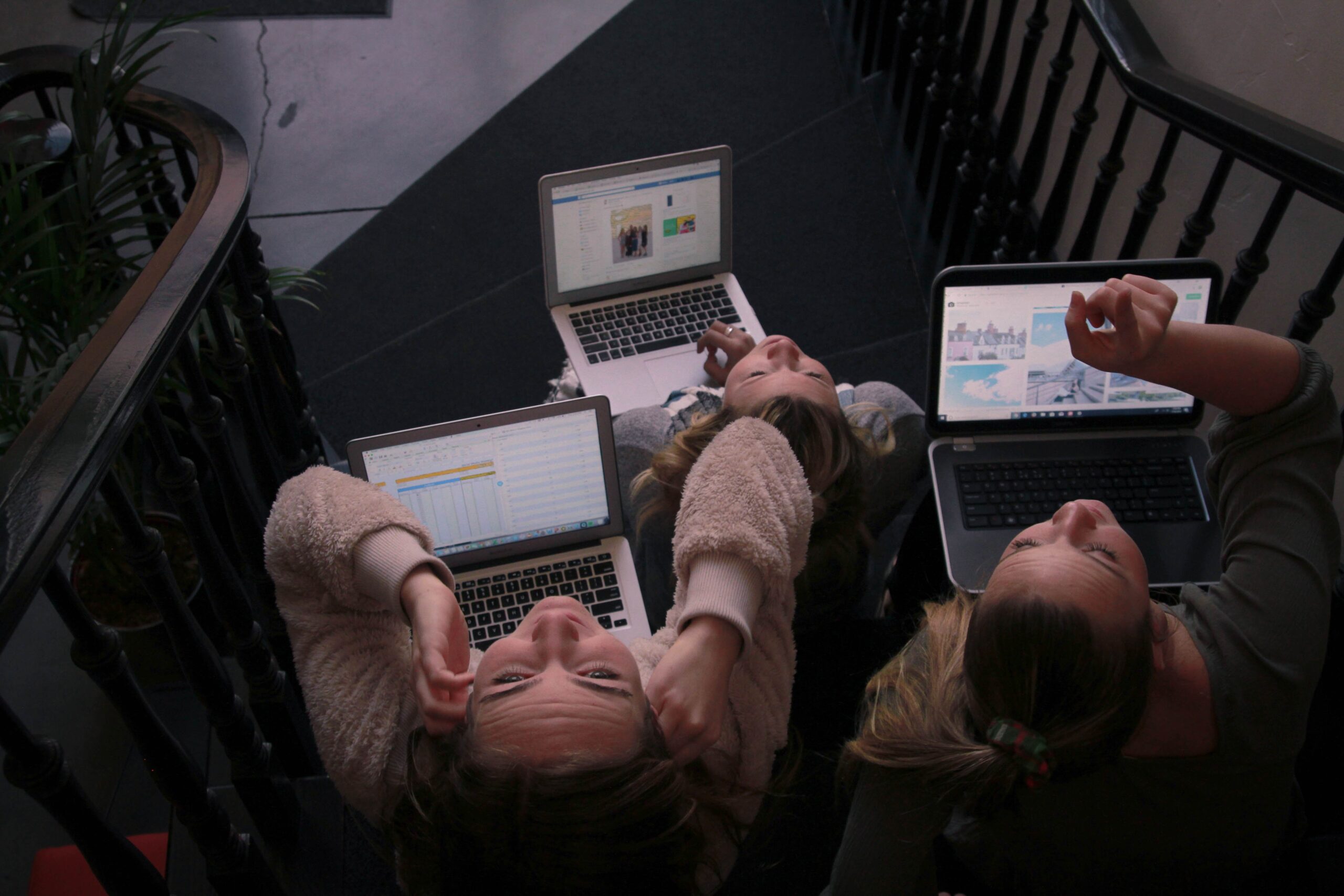The article looks at the impact of screens on stress and well-being. It points out that, although screens are ubiquitous in the modern world and bring many benefits, their excessive use can increase stress. This is due to constant notifications, continuous exposure to information and the pressure of constant connection. What's more, the type of content consumed can also affect stress levels, such as reading negative news or social comparison on social networks. However, the aim is not to stop using screens altogether, but to manage their use in a healthy way. The article suggests several strategies to achieve this, such as setting usage limits, using technology to help limit screen time, being aware of the content consumed, taking regular breaks and practicing "techno-hygiene" for sleep. In short, it's essential to find a balance to minimize the negative impact of screens on well-being.



